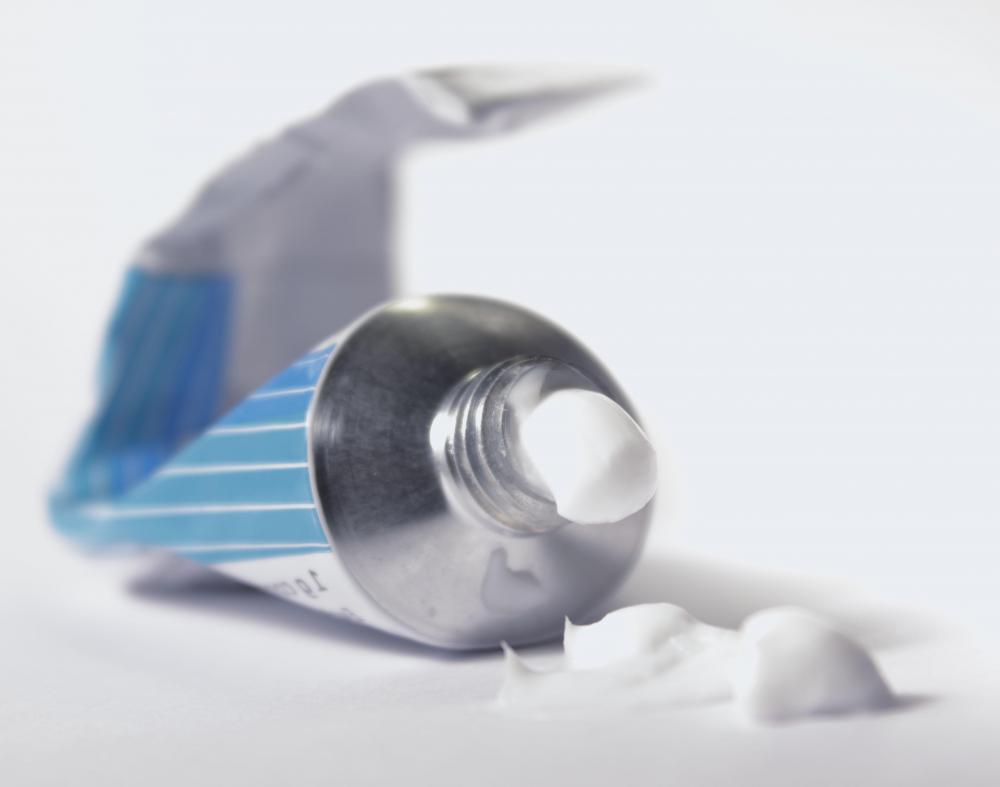At TheHealthBoard, we're committed to delivering accurate, trustworthy information. Our expert-authored content is rigorously fact-checked and sourced from credible authorities. Discover how we uphold the highest standards in providing you with reliable knowledge.
How do I Manage Epidermolytic Hyperkeratosis?
Epidermolytic hyperkeratosis, also known as bullous congenital ichthyosiform erythroderma, is a rare genetic disorder that causes the skin to become very sensitive and fragile. There is no known cure for this disorder, but there are several treatments that can aid in managing the symptoms. If you have epidermolytic hyperkeratosis, you can manage it by keeping your skin moisturized, taking frequent long baths and possibly using a topic or oral medication.
The symptoms of epidermolytic hyperkeratosis start from birth and can include scaling, redness and blistering of the skin. Eventually, the condition leads to a thickening of the skin. The severity of this condition is highly variable.

Keeping the skin properly moisturized is perhaps the most important step in the management of symptoms if you are affected by epidermolytic hyperkeratosis. Topical emollients need to be used regularly in order to prevent scaling. After the skin begins to scale, you are at increased risk for bacterial infections of the skin.
Taking frequent long baths is another recommendation for proper skin care if you have this condition. Adding sea salt to bathwater seems to have a further softening effect. It also makes it easier to remove the excess skin related to the thickening caused by the disorder.

If the skin becomes irritated or the associated blisters become inflamed, your doctor often will prescribe both topical and oral medications. Antibiotics are used to control any infection that might be present. Anti-inflammatory medications are used to help control any swelling or inflammation of the affected skin.
Oral retinoids such as isotretinoin also are used to manage the symptoms of epidermolytic hyperkeratosis. Isotretinoin is derived from Vitamin A and is considered by many to be a miracle drug. This medication, more commonly known by the trade name Accutane®, primarily is used in the treatment of moderate to severe acne. Doctors have found limited success in using this treatment for other skin conditions as well.

Gene therapy has been explored as a possible option for those suffering from epidermolytic hyperkeratosis. It is hoped that gene therapy eventually will be able to eradicate this skin disorder altogether. In the meantime, proper skin care continues to be the best defense against some of the most serious symptoms of epidermolytic hyperkeratosis.
Newborns affected by epidermolytic hyperkeratosis often are moved to the neonatal intensive care unit to monitor symptoms and provide treatment as necessary. In newborns, this condition causes the skin to look like it has been burned. This new skin is very fragile and can tear quite easily. Gentle handling is required, because infection can set in easily. This condition might require antibiotic therapy for even the tiniest of patients.
AS FEATURED ON:
AS FEATURED ON:















Discuss this Article
Post your comments